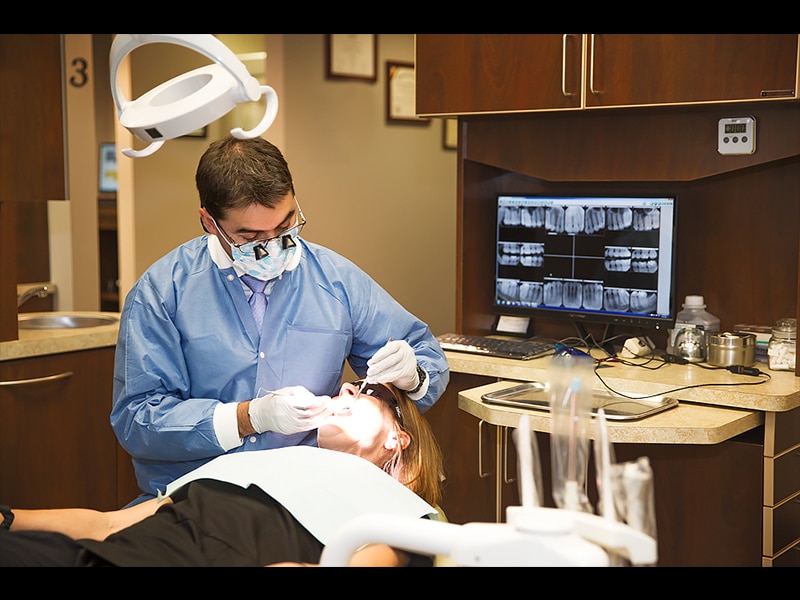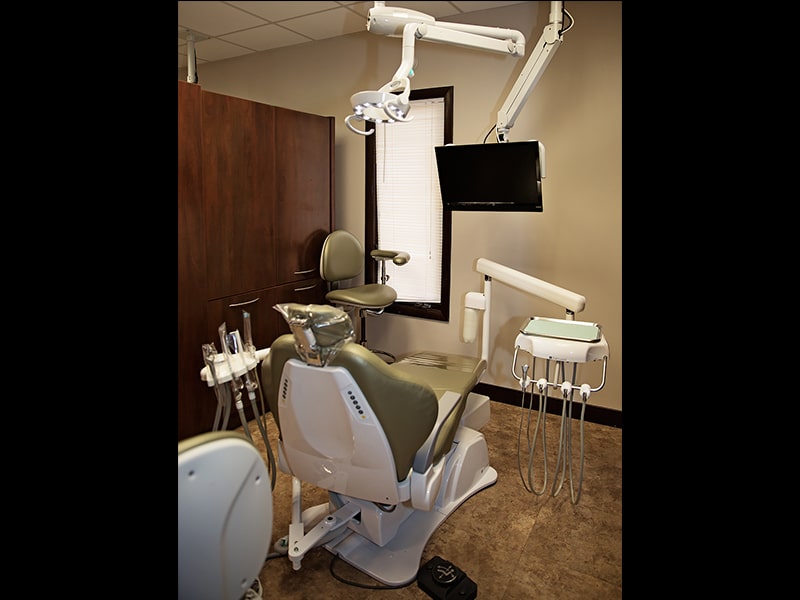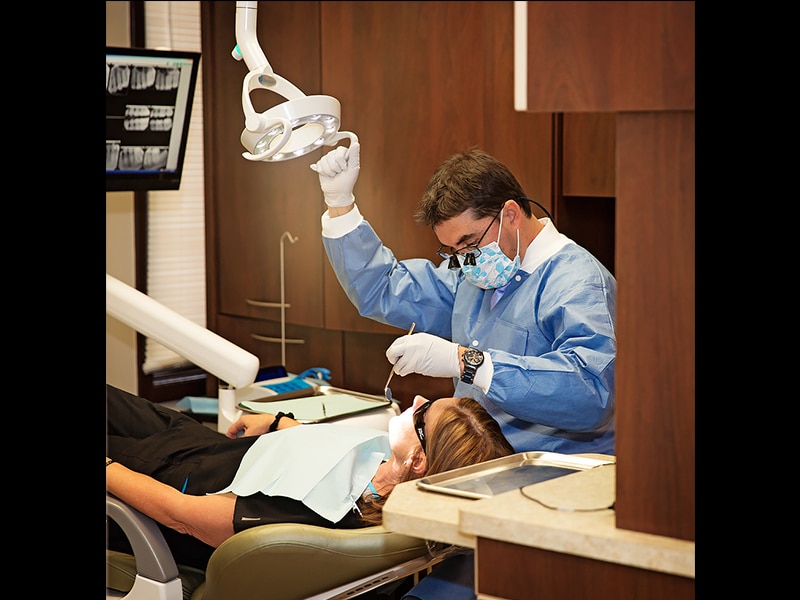Once a child starts showing his or her teeth, your dentist will then recommend fluoride treatment to help protect the teeth against cavities. You may wonder why those small teeth matter when they will just fall out after some time. Baby teeth play a very important role in the dental health of your kids. It helps give space for the adult teeth later. If your children have their teeth earlier due to cavities, then the adult teeth later won’t be able to follow the correct spaces in the jaws. When this happens, your child’s teeth may become crowded or crooked.
The American Dental Association recognizes the importance of using fluoride in providing protection to the children’s dental health against cavities. Fluoride is a compound that contains fluorine, an element that is naturally occurring in the environment. It supports healthy tooth enamel by encouraging remineralization and fights the harmful bacteria in the mouth.
What are the benefits of topical fluoride?
Despite delivering fluoride to the American community systematically through tap water fluoridation, there are still one in every five children or 20% of children aged 5-11 years old are still living with at least one untreated decayed tooth. While one in every seven children aged 12-19 years old have at least one untreated decayed tooth. Because of this, topical fluoride treatments are given through toothpaste with added fluoride and in dental clinics to provide additional protection.
Topical fluoride is recommended to be given to children aged 6 months to 16 years old once a year. It comes in varying forms such as gels, foams, varnishes, and pastes and applied directly onto the teeth. Topical fluoride provides many benefits to children including the following:
-
Added protection against dental caries
Topical fluoride works by attaching to the tooth structure at the molecular level; thus, giving an additional layer of protection that is more resistant to the bacteria causing tooth decay. It can also help treat initial caries lesions which appear as white spots on the teeth. These white lesions are porous and absorb fluoride; thus, preventing further tooth decay.
-
Treats sensitive teeth
The bacteria and acids in the mouth attacks the tooth enamel and wears them out. Any chip or crack in the tooth can leave dentin, the sensitive part of the tooth, exposed. This can result in sensitive teeth. Topical fluoride can help address tooth sensitivity by encouraging remineralization and giving an additional sturdy layer of protection in the tooth enamel. This layer of protection will act as a barrier that prevents cold and hot temperatures from reaching the dentin.
For more information on fluoride, contact us at New Smiles Dental!











